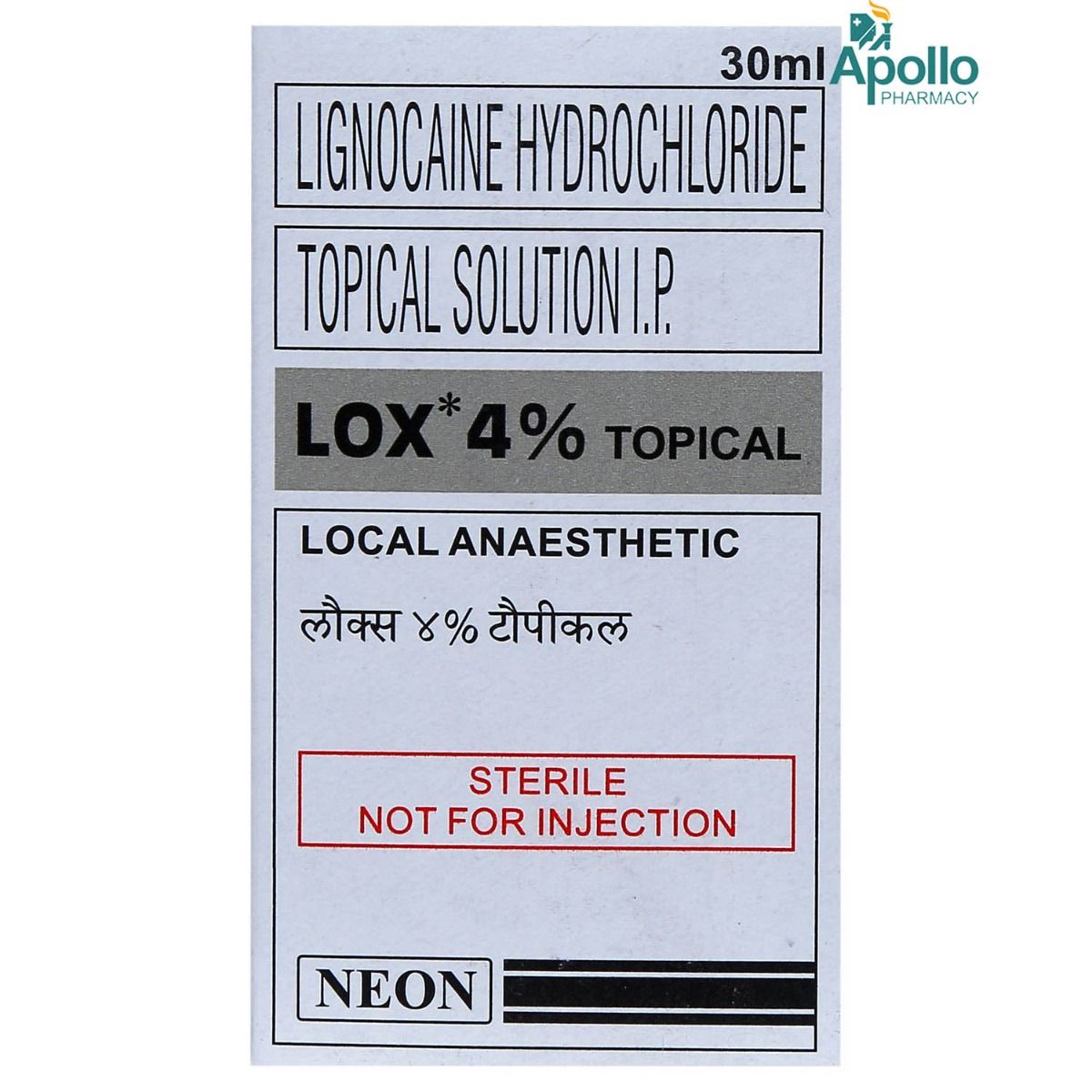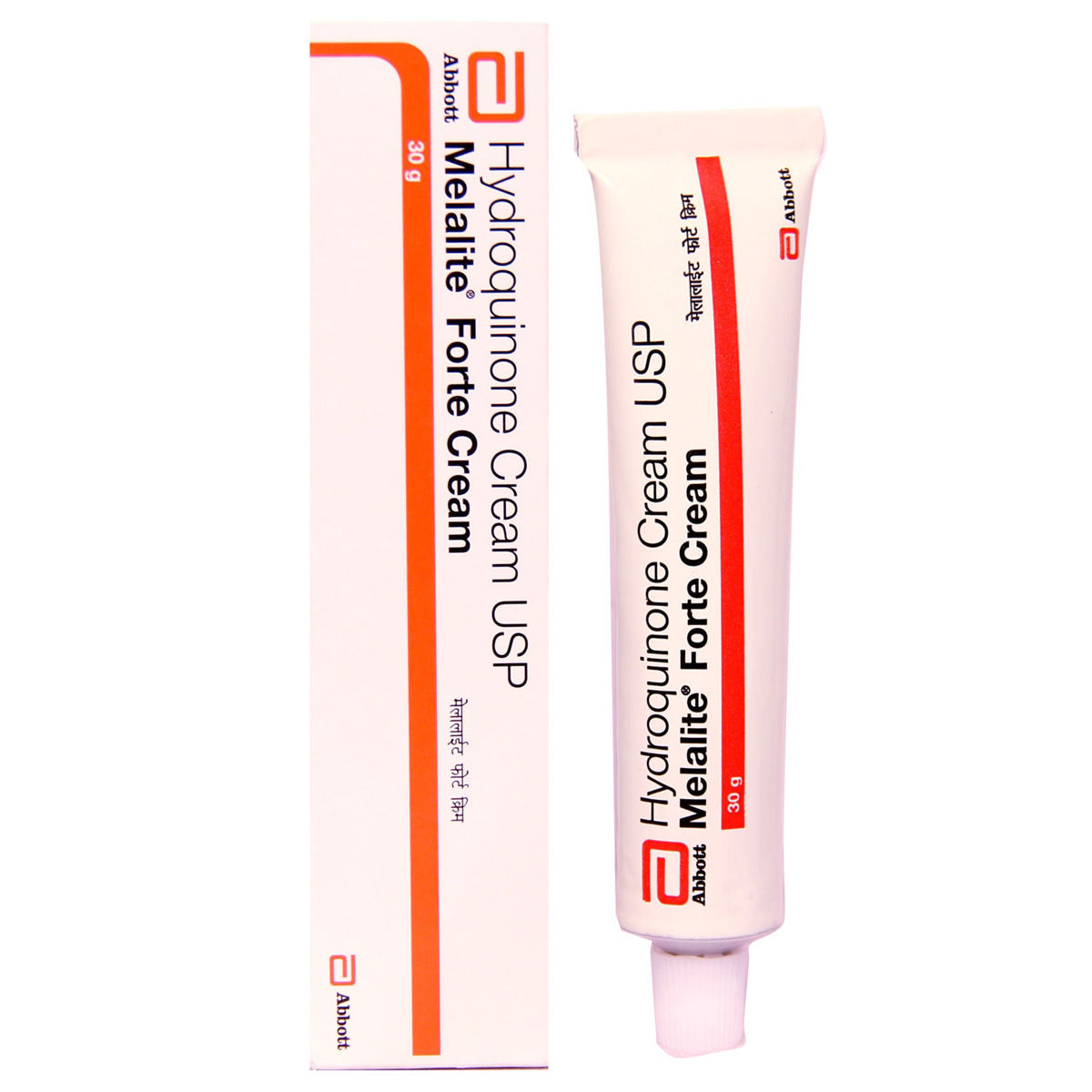4 Dimethylaminophenol
About 4 Dimethylaminophenol
4 Dimethylaminophenol belongs to the group of medicines called ‘antidote’ or ‘protective agent’ used in the treatment of acute cyanide poisoning. Cyanide is a chemical poison that can cause fatal complications when exposed to it. Symptoms of cyanide poisoning are sudden and severe. They include difficulty breathing, seizures, loss of consciousness, and cardiac arrest.
4 Dimethylaminophenol contains ‘4-dimethylaminophenol’ which acts by generating methemoglobin. It converts haemoglobin (a component of blood) to methemoglobin, which can bind to cyanide and decrease the effect of cyanide. However, methemoglobin should be converted back to haemoglobin to carry out its functions, requiring additional treatments. Therefore, 4 Dimethylaminophenol is not suitable for preventing chronic cyanide poisoning and used only for emergency treatment.
You should take this medicine exactly as prescribed by your doctor. 4 Dimethylaminophenol may cause side-effects such as pain, redness, swelling at the injection site, and fever. These side-effects are usually mild and temporary. However, if any of these side-effects persist or get worse, inform your doctor immediately.
It is not recommended to take 4 Dimethylaminophenol if you are allergic to any contents of it. 4 Dimethylaminophenol should not be used in patients with G-6PD deficiency (a genetic disorder that cause a breakdown of red blood cells). 4 Dimethylaminophenol should be used with caution in pregnant and breastfeeding women. 4 Dimethylaminophenol may cause kidney damage, so used with caution in people with kidney damage. 4 Dimethylaminophenol should be used in children only if clinically needed. There is no sufficient data available regarding alcohol use and its effect on driving while using 4 Dimethylaminophenol.
Uses of 4 Dimethylaminophenol
Medicinal Benefits
4 Dimethylaminophenol is used for treating acute cyanide poisoning or emergency cases of cyanide poisoning. It can be used for treating cyanide poisoning in patients who are in a deep coma, and who have dilated non-reactive pupils (fails to react to light) and deteriorating cardio-respiratory function (decreasing or impairing lung and heart function). It acts by converting haemoglobin (a component of blood) to methemoglobin, which can bind to cyanide and decrease the effect of cyanide.
Directions for Use
Storage
Side Effects of 4 Dimethylaminophenol
- Pain and redness at the injection site
- Swelling at the injection site
- Fever
- Mild headache
- Dizziness
- Hyperventilation
- Green or brown discolouration of urine
- Cyanosis
Drug Warnings
4 Dimethylaminophenol can cause methemoglobinemia (high methemoglobin levels in the blood) very rapidly insignificant levels, so close monitoring of methemoglobin levels are required after administering this medicine. 4 Dimethylaminophenol may also cause nephrotoxicity (kidney damage), mutagenicity (induction of changes in the genetic material or DNA), hemolysis (the breakdown of red blood cells), and reticulocytosis (increase in immature red blood cells or reticulocytes due to breakdown of mature red blood cells).
Drug Interactions
Drug-Drug Interactions: No interactions found.
Drug-Food Interactions: No interactions found.
Drug-Disease Interactions: 4 Dimethylaminophenol should not be used in people with G-6PD deficiency (a genetic disorder that cause the breakdown of red blood cells).
Drug-Drug Interactions Checker List:
Safety Advice

Alcohol
cautionIt is not known whether the 4 Dimethylaminophenol can interact with alcohol. However, you are recommended not to consume alcohol along with 4 Dimethylaminophenol to avoid unpleasant side-effects.

Pregnancy
caution4 Dimethylaminophenol should be used in pregnant women only if the benefits outweigh the risks as there is insufficient data available regarding the use of this medicine in pregnant women.

Breast Feeding
caution4 Dimethylaminophenol should be used in breastfeeding mothers only if the benefits outweigh the risks as there is insufficient data available regarding the use of this medicine in breastfeeding mothers.

Driving
cautionIt is not known whether 4 Dimethylaminophenol can affect the ability to drive. Drive only if you are physically stable and mentally focussed. If you experience drowsiness after taking this medication, you should not drive or operate any machinery or vehicles.

Liver
caution4 Dimethylaminophenol should be used with caution in patients with liver diseases. The dose may have to be adjusted by the doctor.

Kidney
caution4 Dimethylaminophenol causes kidney damage. So, it should be used with caution in patients with kidney diseases. The dose may have to be adjusted by the doctor.

Children
caution4 Dimethylaminophenol should be used in children only if the benefits outweigh the risks as there is insufficient data available regarding the use of this medicine in children.
Habit Forming
Diet & Lifestyle Advise
- Take the necessary precautions to avoid a home fire. Install smoke detectors.
- Keep containers of toxic chemicals secured and in a locked cabinet if they are kept at home.
- Follow work safety regulations if you are at risk of occupational exposure. Wear necessary protective gear while working and do not take any contaminated material such as clothing or work gear to home.
Patients Concern
Disease/Condition Glossary
Cyanide poisoning: Cyanide is a poison that causes fatal complications when exposed to it. Cyanide is also present in some foods such as almonds, soy, and spinach, however, cyanide in chemical form is considered poisonous. It occurs due to smoke inhalation or accidental poisoning when working with cyanide. Cyanide blocks the cytochrome oxidase enzyme, which is essential for the utilization of oxygen by the tissues. The severity of cyanide poisoning depends on the dose of cyanide, the type of cyanide, and the duration of cyanide exposure. Symptoms of cyanide poisoning appear within seconds to minutes of exposure. They include overall weakness, confusion, seizures, loss of consciousness, difficulty breathing, and cardiac arrest. The treatment is given to absorb the cyanide and safely remove it from the body. This condition can also affect oxygen intake, so oxygen is also provided. In severe cases, an antidote is given to treat the condition.
FAQs
4 Dimethylaminophenol is used in the treatment of acute cyanide poisoning.
4 Dimethylaminophenol is an antidote which is used in the treatment of acute cyanide poisoning. It contains ‘4-dimethylaminophenol’ which acts by generating methemoglobin. It converts haemoglobin (a component of blood) to methemoglobin, which can bind to cyanide and decrease the effect of cyanide.
4 Dimethylaminophenol may cause side-effects such as pain, redness, swelling at the injection site, and fever. These side-effects are usually mild and temporary. However, if any of these side-effects persist or get worse, inform your doctor immediately.
4 Dimethylaminophenol should not be used in people with G-6PD deficiency (a genetic disorder that cause the breakdown of red blood cells). It should also be used with extreme caution in people with severe kidney impairment as this medicine may cause kidney damage.
Cyanide is a chemical poison that causes fatal complications when exposed to it as it can affect breathing. It occurs due to smoke inhalation or accidental poisoning when working with cyanide. Symptoms of cyanide poisoning appear within seconds to minutes of exposure. They include overall weakness, confusion, seizures, loss of consciousness, difficulty breathing, and cardiac arrest.
Cyanide poisoning is treatable, and you can survive this condition with a quick diagnosis and accurate treatment.







